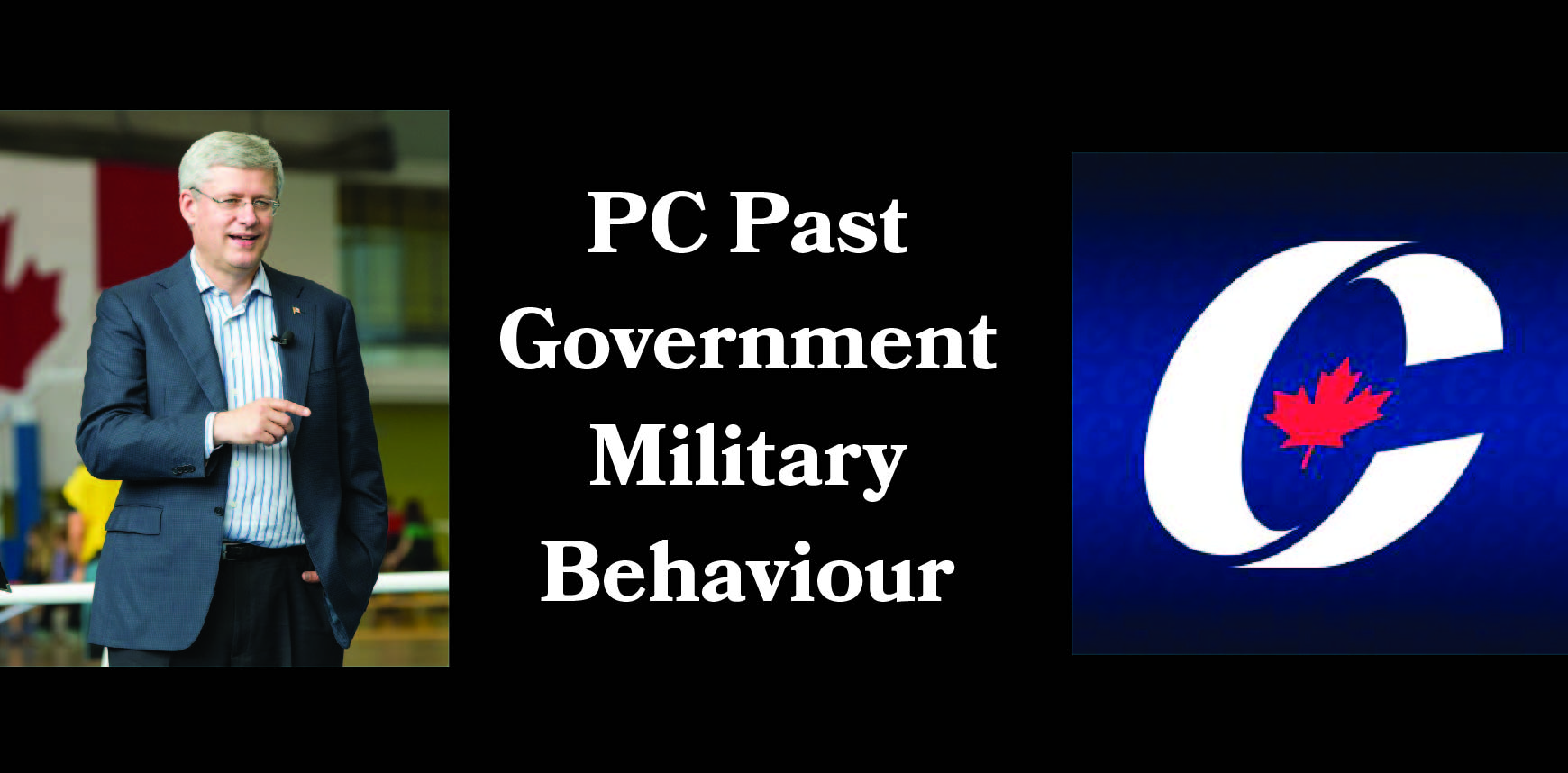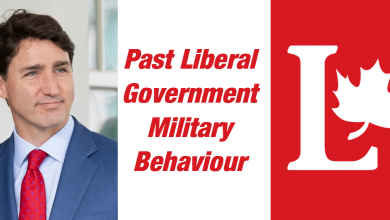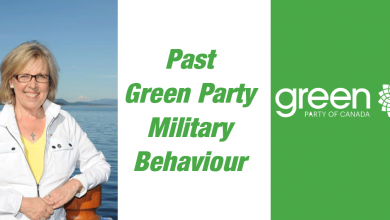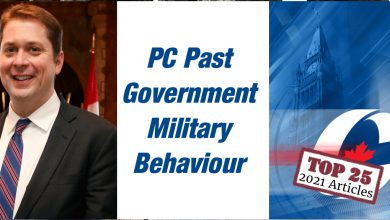Election Coverage
Current Conservative government’s history on defence
When Stephen Harper became prime minister in 2006, the Conservatives made generous promises to the Canadian Armed Forces, and spending in the early years reflected that. However, experts point out that somewhere along his tenure, Harper’s promises became just rhetoric.
“Mr. Harper’s critics would say there’s a disconnect. The money hasn’t really matched the language from the government,” pointed out Martin Shadwick, a defence analyst at York University.
When the Conservative government came into power, they ushered in a new era showing unprecedented support for the military.
“It’s the first time that we’ve had a government in power that is openly sympathetic to the military. If you compare the Harper Conservatives to the Chretien Liberals, Mr. Chretien was openly skeptical about the military. So, from that point of view there’s no doubt that the arrival of the Conservatives in 2006 presented Canadians with a government that was openly supportive and very prideful of the Canadian Armed Forces,” said Dr. Kim Richard Nossal a professor with the Centre of International and Defence Policy at Queen’s University.
Nossal points to what the military is now called as an example of this.
“Just a little measure of this is what the Conservative government calls the forces. Section 15 of the National Defence Act of 1985 provides a name for the Armed Forces but it allows politicians to decide for themselves whether they want the “armed” part in there. The legislation creating the Armed Forces basically allows you to either call them the Canadian Forces or the Canadian Armed Forces. Prior to the arrival of Conservatives in power, Canadian politicians always tried to hide the armed essence of the CAF by referring to them always as the Canadian Forces. The Conservatives radically changed this. It’s a symbolic naming reflects very much the way in which the Conservatives generally speaking view the Armed Forces,” explained Nossal.
However, Nossal, turning to an article written by Jeff Simpson of the Globe and Mail, states this affection is in theory only and does not translate into practice.
“The reality is that the Conservatives love the CAF but not in the real world of policy making. Mr. Harper himself very much appears as though he is far more distant from the Armed Forces than he was. The experience in Afghanistan was not a happy one,” stated Nossal.
Just two years after taking office Harper enacted the Canada First Defence Strategy that envisioned an increase in regular and reservist forces, defence spending would receive a major boost and a host of new equipment would be acquired for the military. However, this strategy was abandoned in 2012 for being too expensive to follow through.
The overall defence budget numbers have also declined. The percentage of GDP spent on defence is close to one per cent, the lowest since the 1930s.
“By all accounts the Prime Minister feels that he was sold a bill of goods by the senior membership of the Armed Forces and DND and that has very much been reflected in the lack of enthusiasm that the government has for the defence budget. The Conservatives are spending now less on defence than when they came to office in 2006.
Essentially this very much reflects the way in which the government and the Conservatives see the Armed Forces. The defence budget is a nice reflection of how important the political party thinks these guys are,” said Nossal.
The Conservative Government has provided new equipment to the military with new fleets of C-17 Globemaster III aircraft for strategic airlift, C-130J Hercules and Chinook helicopters. However, some programs like the replacement for the C-18 and Naval equipment, are at a standstill.
“The second thing where the Conservatives reveal their real beliefs about the Armed Forces is procurement…we are decades away from having the kind of Naval capability that we used to have. We are now reduced to basically renting a Chilean ship to service our naval vessels,” noted Nossal.
If elected, the Conservatives and Harper plan to combat these areas where the government has fallen short by increasing the National Defence budget by $11.8 billion over ten years starting in 2017.
[poll id=”7″]









